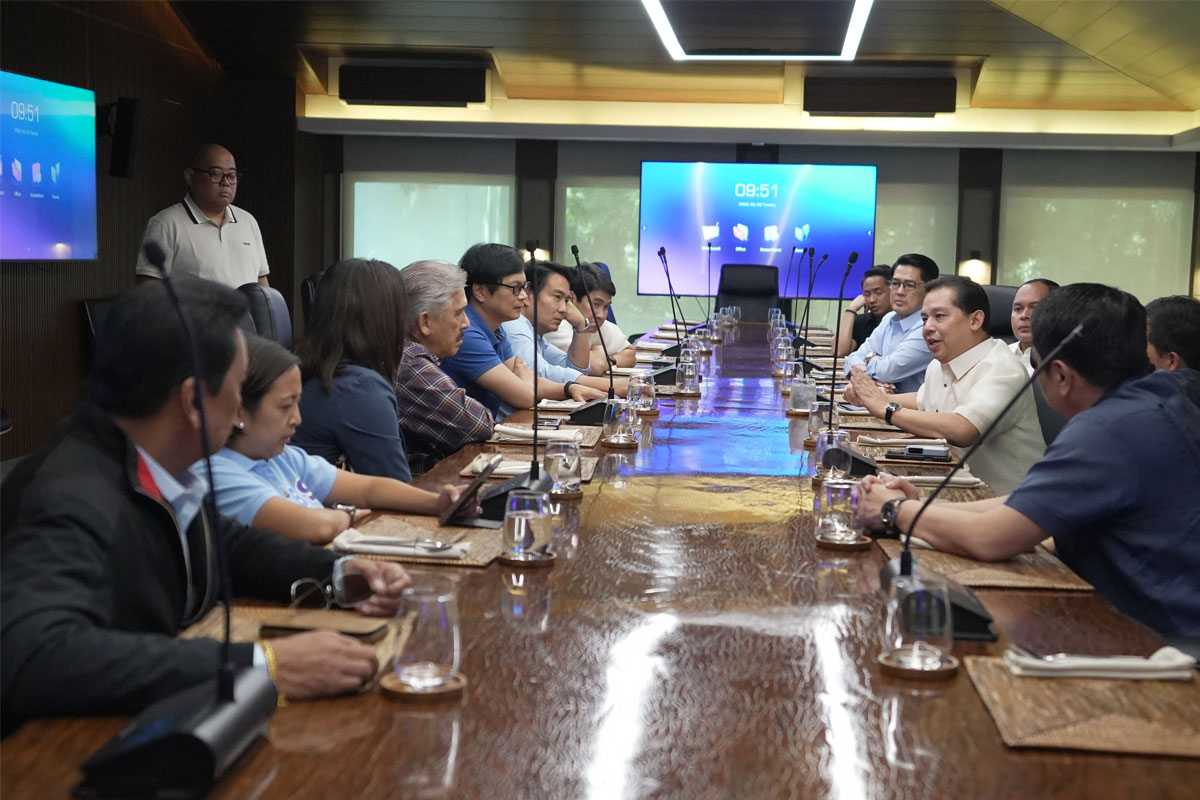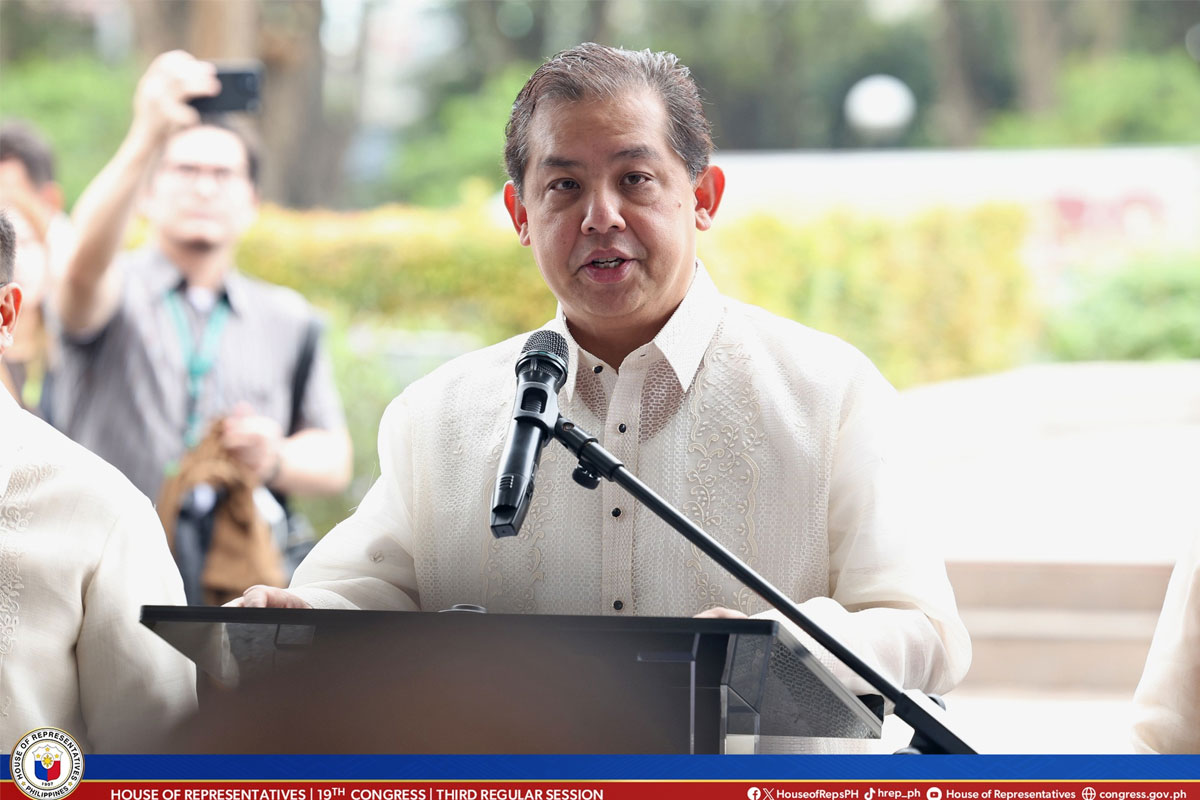
DAP quizzed over ‘omission’ in report
SEN. Pia Cayetano asked why Development Academy of the Philippines (DAP) did not include in its report the futures-thinking research program funded for the institution to help promote innovation and futures thinking for policymakers, post-graduate students and the younger generation.
The senator asked this when she presided over the Finance Subcommittee D hearing to discuss the proposed 2024 National Expenditure Program of the State Universities and Colleges (SUCs), Commission on Higher Education (CHED) and DAP.
DAP President Engelbert Caronan Jr. explained that future thinking research was already incorporated in their report on training and education programs.
“I am very proud of that, and all SUCs receive funding for that, and [yet] you didn’t even include it [in your report],” Cayetano reminded Caronan.
Dr. Tirso Ronquillo, president of the Philippine Association of State Universities and Colleges (PASUC), presented the 2024 budget of the SUCs amounting to P100.88 billion for 2024.
Ronquillo enumerated SUCs budget allocation as follows: P59.5 billion (59.08 percent) for personal services; P35.7 billion (35.4 percent) for maintenance and other operating expenses; P5.5 billion (5.45 percent) for capital outlay.
Ronquillo said there is a P6.1 billion or 5.75 percent decrease on the SUCs budget compared to 2023 due to the completion of some infrastructure projects.
The SUCs are composed of 114 schools, including 497 satellite campuses all over the country. Senate President Pro Tempore Loren Legarda recalled that Republic Act No. 7722 or the Higher Education Act was enacted into law in 1994.
Legarda said one of the provisions stipulated in the law is the establishment of centers of excellence in program areas needed for the development of world-class scholarship, nation building and national development.
The senator then asked Ronquillo whether that provision has already been changed, updated or upgraded and whether all the 114 SUCs have centers of excellence.
The senator was informed that not all but a number of SUCs have already established centers of excellence. CHED Executive Director Cinderella Filipina Benitez- Jaro also said there is an on-going revision of the guidelines.
She said some of the criteria that they have in their previous guidelines are the instructional quality, the “excellent” human resources and facilities to attain academic objectives, research objectives, the extension and linkages of the program and the institutional qualifications.
Sen. Risa Hontiveros asked CHED about its reported failure to fully utilize its 2022 funds to implement the Universal Access to Quality Tertiary Education (UAQTE) Act.
During the deliberation on the CHED’s P30.99-million proposed 2024 budget, the Senate Deputy Minority Leader noted the agency’s declining disbursement rate for the provision of free college education–from 79.7 percent in 2020, 65.9 percent in 2021, to only 47.7 percent by the end of 2022.
“Why did the CHED find it difficult to obligate and disburse funds…when this is highly needed by the students and would give them an assurance that they would be able to utilize this?” Hontiveros asked.
CHED Chairman Prospero de Vera explained that the low disbursement could have been caused by the belated requests for reimbursement of tuition and miscellaneous fees by local universities and colleges, adding that the utilization of their 2022 funds continued until the first quarter of 2023.
Sen. Ronald “Bato” Dela Rosa sought clarification from the CHED on how it plans to pay private schools that accommodated students enrolled under the Tertiary Education Subsidy (TES) program of the government.
During the discussion on the proposed 2024 budgets of SUCs, DAP and CHED, Dela Rosa said several private schools have reached out to him regarding unpaid TES funds for students enrolled during the 2021-2022 school year.
De Vera assured the committee that they have already resolved the issue and identified a source of funding to pay the schools.
Senate Majority Leader Joel Villanueva asked CHED about updates on its Tulong Dunong Scholarship Program, noting that the agency is not requesting a budget for the implementation of the program next year.
Villanueva also said he has been receiving complaints from the beneficiaries/grantees of the program that they were asked to submit documents or open bank accounts with the Development Bank of the Philippines.
However, none of the beneficiaries reported that they received even a single centavo.
“Once a student is accepted to the Tulong Dunong program, will they continue to receive assistance until he graduates? Because right now there will be no funding for 2024,” the majority leader asked.
De Vera informed Villanueva that once a student is a beneficiary of the program, he or she automatically gets Tulong Dunong fund until he or she graduates.




















